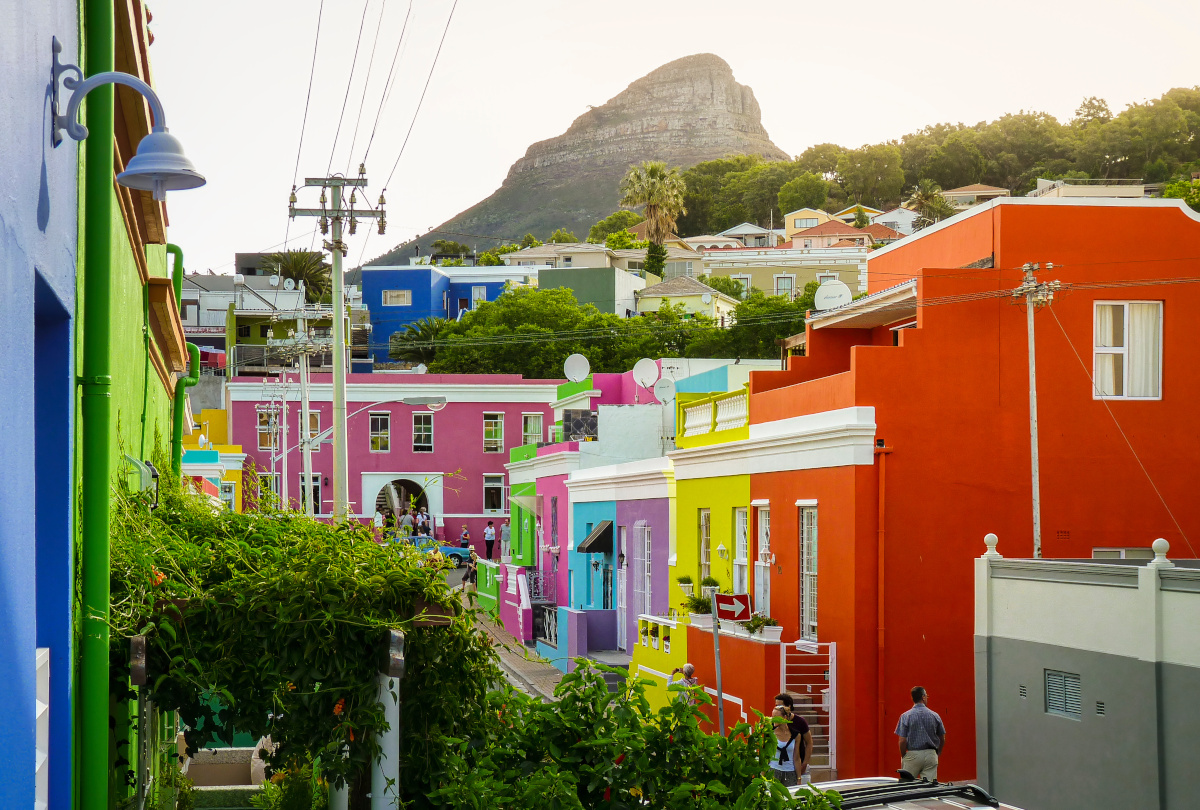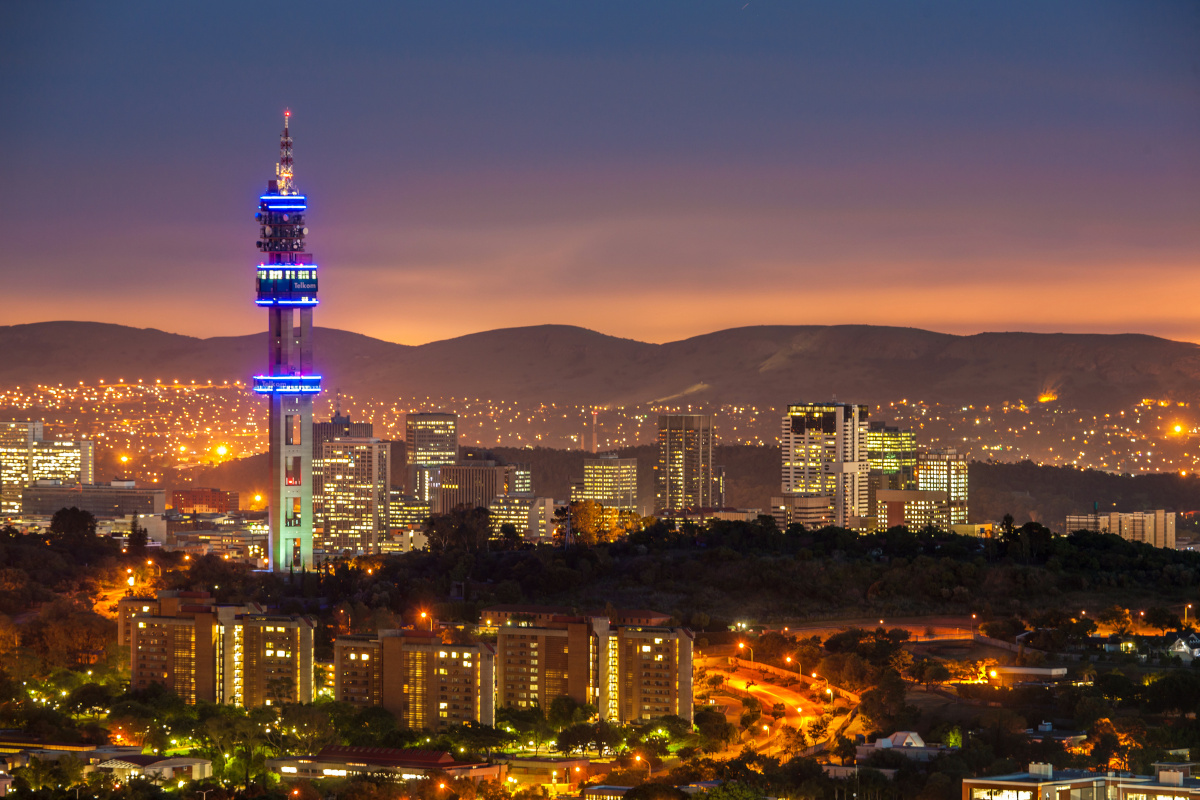
Health & Safety When Traveling to South Africa
Stay Safe and Healthy on Your South Africa Trip With Redpoint Insurance
However, a visit to South Africa doesn't come without some risks. There is an elevated risk of crime relative to other countries, and there are certain health concerns to consider, such as malaria in certain regions.
It's true for all destinations, but given the potential health and safety issues involved, travel insurance for a trip to South Africa is a must. If you end up needing emergency medical care or become the victim of theft, you'll be glad to have insurance to recoup your costs and help get your trip back on track

Medical, Health & Safety in South Africa
Let’s take a look at the South Africa travel health and safety concerns that should be on all travelers’ radar, as well as the medical information to know before you go.
Common Diseases
South Africa presents some elevated health risks for travelers, particularly malaria in certain areas of the Limpopo, Mpumalanga, and KwaZulu-Natal provinces, along the border with Mozambique and Zimbabwe, and in Kruger National Park. Take the necessary precautions to avoid insect bites, and consider taking antimalarial drugs if you’re in high-risk regions.
HIV/AIDS prevalence is also high in South Africa, so visitors should exercise caution if they need to seek medical treatment.
To prepare for your trip, consult official sources, like the World Health Organization (WHO), for country-specific health news and updates, travel advice, and further information before your departure.
Vaccinations
As a general rule, the U.S. Centers for Disease Control and Prevention (CDC) recommends travelers ensure their routine vaccinations, like measles-mumps-rubella (MMR), tetanus, and influenza, are up-to-date, as well as vaccines for COVID-19 and hepatitis A and B.
Before visiting South Africa specifically, a typhoid vaccine is recommended for most travelers, and additional vaccines may be advisable for cholera and rabies. A yellow-fever vaccine may also be required, depending on where you’re traveling from.
Local Medical Treatment
South Africa has a well-developed private healthcare system with world-class facilities in major cities. However, public healthcare can be under-resourced. U.S. travelers should carry comprehensive travel insurance that covers healthcare — including and a waiver for any pre-existing medical conditions — as treatment can be costly without it.
If you’re in a rural area and need medical attention, you may have to travel to a well-populated location for high-quality care. Your travel insurance should include evacuation coverage in case you’re unable to make the trek on your own. Be sure to pack a first-aid kit in case of emergencies.
Water & Food
In South Africa’s cities, tap water is generally safe to drink, but it’s advisable to use bottled or boiled water in rural regions.
Travelers should avoid raw or undercooked food, particularly in informal markets. Stick to reputable restaurants to minimize the risk of foodborne illnesses.
Air Quality
Air quality in South Africa varies. Urban areas, especially Johannesburg and Pretoria, can experience pollution from industrial emissions and vehicle traffic. Travelers with respiratory issues should monitor air quality reports and carry necessary medications.
Crime & Personal Safety
The crime rate in South Africa is comparatively high, relative to other popular tourist destinations, and violent crime is not uncommon. While these risks are not a reason not to visit South Africa, you should be aware that tourists are sometimes targeted.
Those visiting cities should be particularly vigilant against smash-and-grab attacks at traffic lights and petrol stations — or anywhere where your vehicle is temporarily idle. Armed robberies and carjacking are also a risk.
The U.S. Department of State currently has a Level 2 travel advisory in place for visitors to South Africa, urging increased caution due to crime, civil unrest, and kidnapping. Monitor local news to remain aware of any potential issues. Before your departure, it’s also a good idea to register for the Smart Traveler Enrollment Program (STEP) in case of emergencies.
Natural Disasters
South Africa is prone to occasional natural disasters, such as floods, droughts, and wildfires. Be aware of seasonal risks, especially in rural or forested regions, and monitor local news for alerts.
Local Laws
South Africa has strict laws against drug use, even recreationally. Smoking in public places is restricted, and drinking alcohol in non-designated areas is prohibited.
Be sure to carry identification at all times, and familiarize yourself with road safety laws, such as local speed limits, if you plan to drive.
FAQs About South Africa Travel Health & Safety

Is South Africa safe to visit?
Tourists can be targeted for financial gain, and some areas of cities can be particularly dangerous for visitors, so seek out informed local guidance — and listen to local authorities — about where to go and where to avoid. For example, the U.S. State Department’s travel advisory notes that "violent crime is more common in the downtown areas of big cities, especially after dark," so you probably want to steer clear of central business districts in the evening hours.
What vaccinations are needed to travel to South Africa?
Cholera and rabies vaccines may also be recommended, particularly if you're traveling to rural areas, and yellow fever vaccination may be required, depending on your point of origin. If you are traveling from a high-risk country, be sure you have a yellow-fever vaccination certificate, as it may be required to enter the country.
What is required for U.S. citizen to visit South Africa?
However, you will need at least two consecutive blank pages in your passport for entry and exit stamps. Make sure to have a return or onward ticket, as immigration may ask to see it upon arrival.
Are there any COVID-19 restrictions for travelers to South Africa?
What happens if a tourist gets sick in South Africa?
If you travel to more remote or rural areas, high-quality care can be harder to find. It’s advisable to have travel insurance with emergency medical coverage for any potential healthcare costs.
Redpoint's 24/7 assistance line can provide help and guidance at +1-415-481-0610. To reach emergency services in South Africa, you can dial 112 from any mobile phone.
Are the hospitals good in South Africa?
However, public hospitals can be more basic, with longer wait times and fewer resources. As a result, most travelers choose private hospitals when they seek medical assistance, so having travel insurance to cover private healthcare costs is recommended.
How do I contact the U.S. Embassy in South Africa?
877 Pretorius St, Arcadia, Pretoria
Tel: +27 (0) 12-431- 4000
Protect Your Trip With Redpoint Travel Insurance
Whether you’re going on safari in Kruger National Park or enjoying Cape Town’s mountains and beaches, Redpoint’s comprehensive, easy-to-understand policies can cover adventures of all kinds. Explore our three international travel insurance plans — Ripcord, Cavalry, and Harbor — and get a quote for your next trip today.

